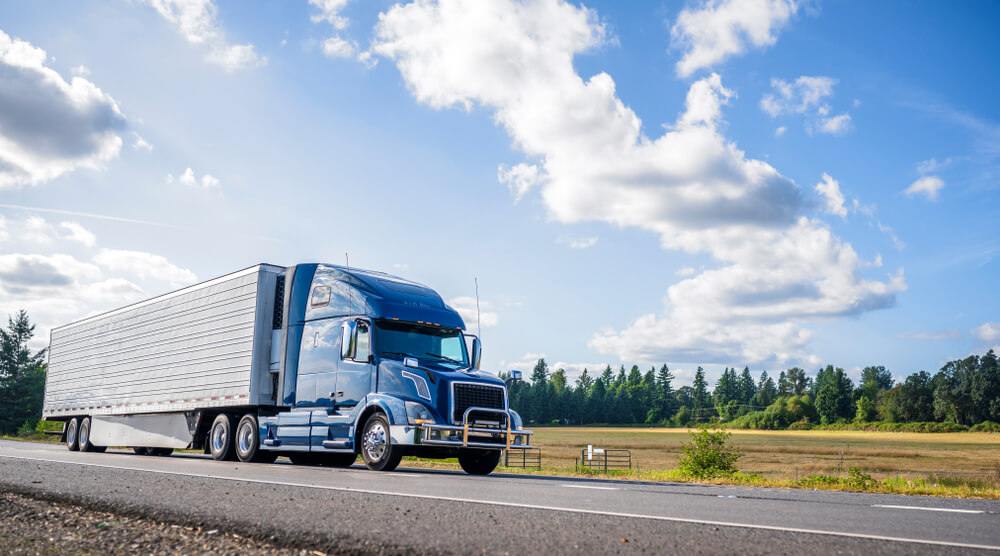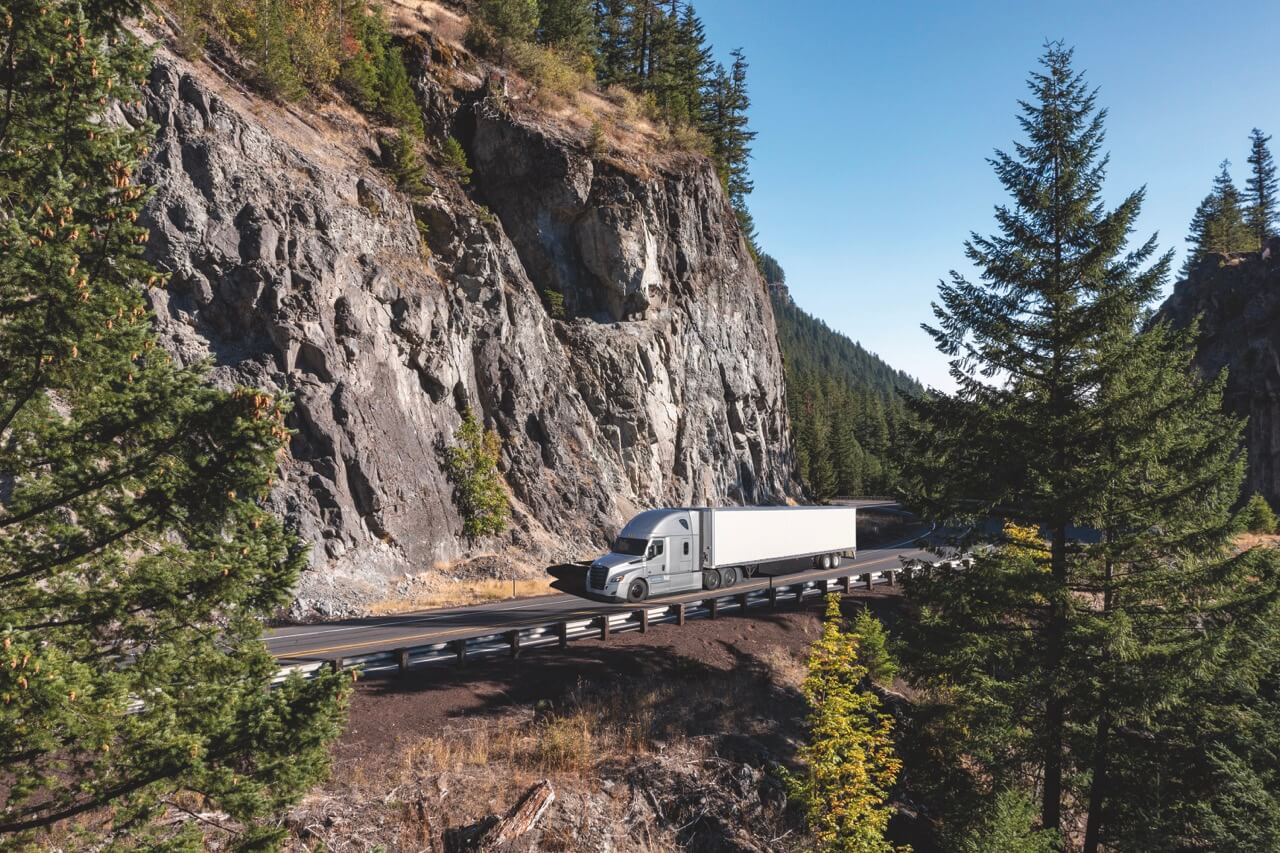Truckipedia Blog Category - A Complete Guide to Financing a Heavy-Duty Truck

For many industries, operating without a reliable heavy-duty truck is virtually impossible. Heavy-duty trucks are the backbone of our modern economy from construction to logistics and manufacturing. Purchasing a heavy-duty truck is a significant investment and one of the most important assets you have as an owner-operator.
However, financing a heavy-duty truck for your business requires a good understanding of the process and financing options available. The first step is to equip yourself with the proper knowledge about your financing options. To help you make informed decisions and smooth out the application process, we’ve created this helpful guide that includes some of the essential information you need to know about heavy-duty truck financing.
Understand the Costs
With any large purchase, the main cost is typically at the forefront of decision-making. However, it’s important not to overlook additional expenses that can impact your operations in the long run. In addition to the purchase price of the actual truck, be sure to break down the various costs associated, including:
- Down payment
- Maintenance and repairs
- Fuel and operational expenses
- Insurance and permits
- Registration and licensing fees
- Driver wages and benefits
- Extended warranties
Once you have a good idea of the upfront price and the subsequent expenses to operate a heavy-duty truck, the next step is to take a look at financing options.
Consider All of Your Financing Options
You have a few financing options available when purchasing a heavy-duty truck. There is no right or wrong option when it comes to financing – rather, the choice depends on the unique circumstances and goal of the individual business. Each avenue has its own set of advantages and trade-offs. Be sure to factor in cash flow, credit history, tax considerations, the intended use of the truck, and your long-term objectives when considering the most suitable financing route.
Finance options include:
- Traditional bank loans – Traditional bank loans are a common form of financing for businesses and individuals. These loans are typically offered by commercial banks and are characterized by fixed interest rates, structured repayment plans, and a variety of loan terms.
Another thing to note when financing with traditional banks is that, often, it is best to leave your bank credit open for purchasing items that are larger and not easy to source an outside finance partner. For example: If you decide to buy a shop, it is easiest to finance with the bank or an operating line of credit. When it comes to purchasing a heavy-duty truck, it’s best to leave bank credit available.
- Dealership financing – This financing option is available to individuals and businesses when purchasing the vehicle outright from the dealership. Many dealerships, such as Velocity Truck Centres, have in-house financing departments and a network of lending institutions. One of the benefits of dealership financing is the streamlined process and the option of trade-ins as part of the arrangement.
- Leasing options – Leasing is a financing alternative that allows individuals and businesses to use assets without owning them outright. There are a few benefits to leasing a heavy-duty truck versus financing a heavy-duty truck, which we expand on below.
Assess the Benefits of Leasing vs. Buying
When researching the different types of financing options available, some operator-owners may decide that leasing is the best route to go. Ultimately, the choice should align with your financial situation, business needs, and preferences. Be sure to compare the advantages of leasing a heavy-duty truck versus buying one outright:
Upfront Costs
- Leasing – When leasing a heavy-duty truck, lessees often pay a security deposit and the first month’s lease payment/
- Buying – It’s a common misconception that buying a heavy-duty truck outright involves a substantial upfront cost. However, the downpayment can be the same on a lease or a loan. The most significant benefit of buying a truck is that, despite the upfront costs, you will own the truck fully at the end of the repayment period.
Tax Implications
- Leasing – Lease payments are usually deductible as a business expense, which can result in lower taxable income. You may also benefit from potential sales tax savings, as sales tax is often only applied to the monthly lease payment, not the full vehicle cost.
- Buying – Purchasing a truck outright provides potential tax benefits through depreciation deductions spread over several years.
Know the Factors Influencing Financing Terms

Should you continue down the financing route, it’s important to understand the key factors that can impact financing terms as they can affect your operational expenses in the long run. This includes:
- Creditworthiness and financial history – Having a perfect credit score is not a prerequisite to qualifying for a heavy-duty truck loan. You can still qualify for heavy-duty truck financing with a poor credit history. However, keep in mind that your credit score can impact your interest rate and minimum payments. Typically, the higher the credit score, the better the interest rate and the lower the payments over time.
- Down payment requirements – Down payment requirements can be flexible, and can be impacted by your credit history. If your credit score is strong, the down payment can be excluded altogether. While it may be optional, providing a substantial down payment can provide you with a lower monthly payment and decrease the capital cost of the heavy-duty truck overtime.
- Interest rates and terms – Interest rates are a critical component of the financing arrangement, as they determine the cost of borrowing and can significantly impact the overall expense of the loan. Depending on your loan type and credit history, you have the option of choosing between a fixed vs. variable rate and deciding on the loan term.
- Collateral and loan-to-value ratos – Collateral is an asset or property that you can offer to secure the loan. It serves as a form of protection for the lender in case you default on the payment. Collateral can be real estate, equipment, inventory, vehicles, or personal assets.
Loan-to-value (LTV) ratios are commonly used to calculate the percentage of the loan amount relative to the collateral’s appraised value. Lower LTV ratios indicate a lower risk for the lender.
Research Lenders and Dealerships
Finding reputable lenders and dealerships that specialize in heavy-duty truck financing is crucial for securing a fair deal and ensuring a smooth financing process. Here are some tips and strategies to help you find the right lender or dealership to work with:
- Start your search online by looking for lenders and dealerships that specialize in heavy-duty truck financing. Be sure to read customer reviews to get a feel for how they treat their clients and go through the process of financing.
- Be sure that the lender or dealership is properly licensed and accredited. Look for certifications or membership in industry organizations that demonstrate their commitment to ethical practices.
- Carefully read through the terms and conditions of financing arrangements. Look for transparency in terms of interest rates, fees, and repayment terms. When leasing a truck, it’s important to know that many leasing companies have a clause that details a customer will need to make every payment up to the end of the term if they were to pay out their lease early.
- Don’t hesitate to ask questions about any aspect of the financing process. A reputable lender or dealership will be responsive and should be able to provide you with clear, honest information.
- Obtain quotes and financing offers from multiple lenders or dealerships. This allows you to compare terms, interest rates, and incentives. When it comes to a big investment like a heavy-duty truck, don’t rush into an agreement; take your time to evaluate your options.
The Final Step – Applying for Heavy-Duty Truck Financing!
When you are ready to apply for heavy-duty truck financing, be sure to have the following information and documents ready, including:
- Your business registration
- Duration of your business operations
- The number of trucks you intend to purchase
- A profit and loss statement or previous tax returns
- Credit information
Once your application is approved, take the time to carefully review the lease structure, monthly payments, interest rate, and loan term. If everything appears satisfactory, we recommend having a reliable accountant review the terms with you.
Whether you’re purchasing or leasing a heavy-duty truck, the process involves many considerations. Ultimately, your goal is to secure the ideal truck for your business while maintaining cost-effectiveness. It’s a delicate balance between meeting your needs now while planning for the future growth of your company and the long-term value that the heavy-duty truck will bring to your operations.




